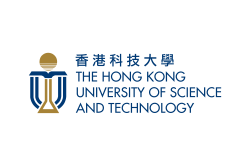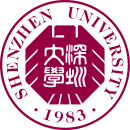Welcome to IJCAI 2023, the 32nd International Joint Conference on Artificial Intelligence, the premier international gathering of researchers in AI!
Submissions are invited for the 32nd International Joint Conference on Artificial Intelligence, which is planned to be held in Cape Town, South Africa, from Aug 19th to Aug 25th, 2023. Starting from 1969, IJCAI has remained the premier conference bringing together the international AI community to communicate the advances and achievements of artificial intelligence research.
Submissions to IJCAI 2023 should report on significant, original, and previously unpublished results on any aspect of artificial intelligence. Papers on novel AI research problems, on AI techniques for novel application domains, and papers that cross discipline boundaries within AI are especially encouraged.
In addition to the main track, the authors will be able to submit papers to the two multiyear special tracks (AI for Good and AI, The Arts and Creativity), as well as the survey track; these tracks will post their own calls for papers later this year, and their deadlines, procedures and policies may differ from what is described below.
A selection of the best papers submitted to IJCAI 2023 will be invited for a fast track in the Artificial Intelligence Journal and/or the Journal of AI Research.




